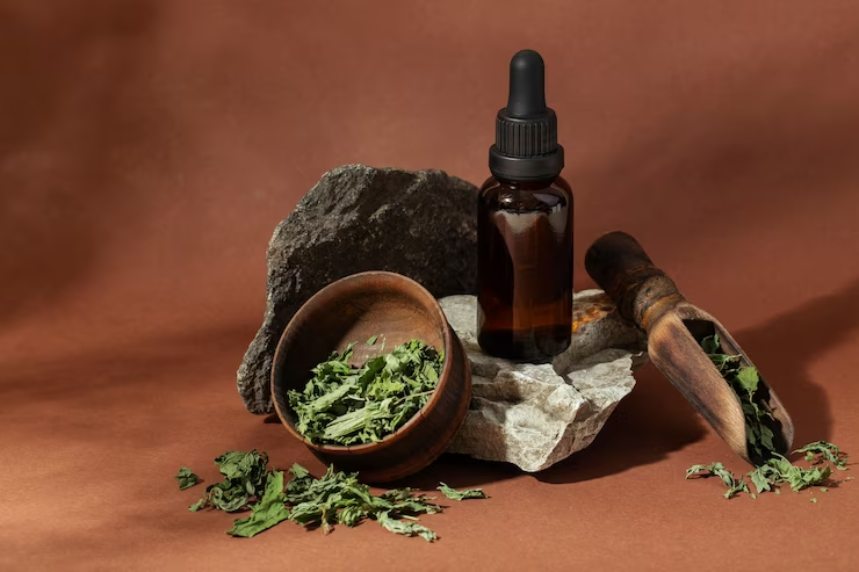Ever heard of CBD oil but stumbled upon something called CBDA and wondered what the difference is? Let’s clear the confusion! We’ll compare these two cannabinoids, diving into their similarities, differences, and potential benefits in simple terms.
Think of it like this: Imagine a green apple and a juicy, ripe one. Both are apples, but one is raw and needs some time to ripen before you can enjoy it fully. That’s kind of how CBDA and CBD work.
CBDA: The Raw Deal
- CBDA (cannabidiolic acid) is like the green apple – it’s the precursor to CBD, naturally found in the hemp plant.
- When the hemp plant gets exposed to heat (like sunlight or processing), a chemical reaction called “decarboxylation” occurs. This transforms CBDA into CBD, like the ripe apple ready to eat.
- Some evidence suggests CBDA might offer unique benefits, like potentially being more effective against nausea and inflammation. However, research is still in its early stages.
CBD: The Ready Player
- CBD (cannabidiol) is the juicy, ripe apple – the active compound we usually associate with CBD oil.
- It interacts with our body’s endocannabinoid system, influencing various functions like mood, sleep, and inflammation.
- CBD is widely studied and used for various potential benefits, including anxiety, pain, and sleep issues.
Similarities and Differences:
- Both CBDA and CBD are non-psychoactive, meaning they won’t get you “high.”
- Both are considered generally safe, but it’s crucial to consult a healthcare professional before using them, especially if taking medications.
- While both offer potential benefits, research on CBDA is ongoing, while CBD has more established science backing its uses.
Which one is right for you?
It depends! If you prefer natural, unprocessed options, CBDA might be worth exploring. However, CBD often has more readily available products and established research. Ultimately, consult your doctor and consider your individual needs and preferences.
Remember:
- Neither CBDA nor CBD are miracle cures. Always consult a healthcare professional before using them.
- More research is needed to fully understand their potential benefits and drawbacks.
- Be a responsible consumer, choose reputable brands, and be mindful of dosage and potential interactions with medications.
By understanding the difference between CBDA and CBD, you can make informed choices about adding these cannabinoids to your wellness routine, but always prioritize consultations with your healthcare professional.

